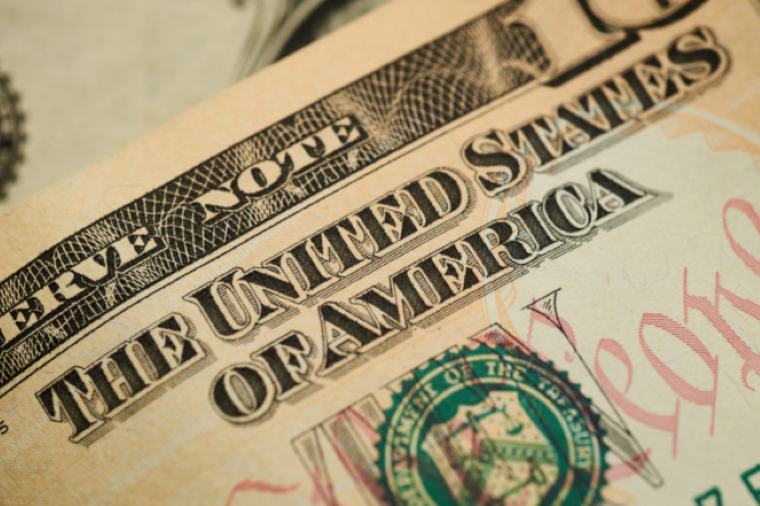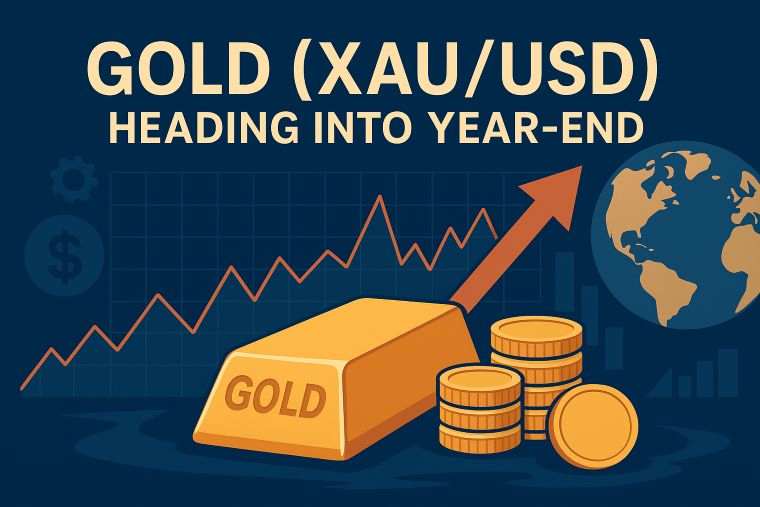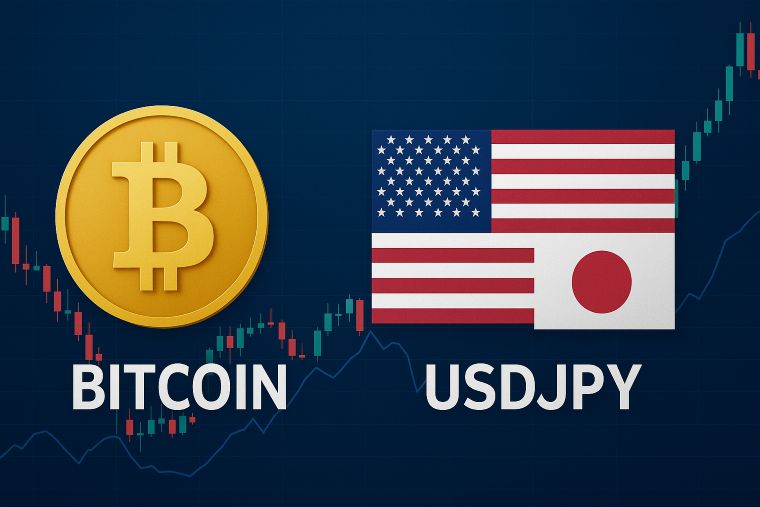3 min to read
Concerns about a recession rise as the US dollar cannot be maintained as a safe asset
The US dollar has fallen against other major currencies.

“Concerns about a recession rise as the US dollar cannot be maintained as a safe asset”
The US dollar has fallen against other major currencies. Yesterday, the dollar fell against other major currencies, and it continues to fall today.
In the midst of an uncertain environment surrounding the world’s largest economy, it seems increasingly difficult for the market to rely on the US dollar as a safe haven.
Yesterday, the US House of Representatives narrowly passed a bill to raise the government’s debt limit, but since the bill is unlikely to pass the Senate, President Biden has indicated that he will veto it.
Furthermore, investors are in a situation where they cannot see through the asset sales plan, as the US government has announced that it will not intervene in the bailout of First Republic Bank.
After the Atlanta Fed revised down its GDP for the first quarter by a significant margin from 2.5% a week ago to 1.1% quarter on quarter, the US GDP, which is to be announced today, is at risk of a downside surprise.
The reason for this is that the unexpectedly large drop in durable goods orders in March was already factored into the forecast.
Attention is focused on today’s US Q1 GDP Today’s GDP data is expected to show that the US economy grew by 2% over the past three months.
Therefore, if there is a downside surprise that exceeds expectations, it may become a cause for market anxiety, and expectations of an interest rate cut by the Federal Reserve in the latter half of this year may increase.
According to FF interest rate futures, a 0.25% interest rate hike is expected at the next Federal Reserve meeting next week, but a cut of 0.5% or more by the end of the year is also priced in.
If today’s GDP data disappoints, it is likely to put pressure on the US dollar.
Conversely, even if the data unexpectedly rises, it is unlikely that expectations of an interest rate cut will disappear, and the recovery of the US dollar may be limited and short lived.
With an expected 0.75% interest rate hike by the ECB by the end of this year, the euro dollar is predicted to remain in an upward trend for some time.
First policy announcement by BOJ Governor Ueda tomorrow On the other hand, tomorrow marks the first policy announcement by Bank of Japan Governor Ueda.
Governor Ueda has repeatedly stated that there is no urgent need to revise the current policy, so the current policy is expected to be maintained at this meeting.
Therefore, the market will be paying attention to when the BOJ will make policy changes in the coming months.
At the inauguration press conference held on the 10th, Governor Ueda stated that the urgent need to review yield curve control was no longer necessary since both US and domestic yields had fallen after financial turmoil.
As a result, some investors were disappointed with the maintenance of the current policy until around the summer, which could be damaging to the yen.
However, if policy revisions are suggested at future meetings, the yen may be supported and rise in value.
The US stock market showed mixed results with the Nasdaq rising nearly 0.5% due to the surge in high tech stocks, while the Dow Jones and SP500 both ended in the red amid concerns of a recession, sensitive economic sectors such as industrial stocks saw a decline in prices.
However, with the expectation of a potential interest rate cut by the Federal Reserve Board and market expectations for earnings reports low, there may be a potential to curb the decline in stocks without causing significant disappointment.
As for commodities, despite data showing a greater than expected decrease in US crude oil inventories last week, crude oil prices fell by about 4% yesterday. As a result, concerns about a market recession have become clearer, which may cast a shadow on future fuel demand despite signs of short term improvement.
Visit XM Official Website.

